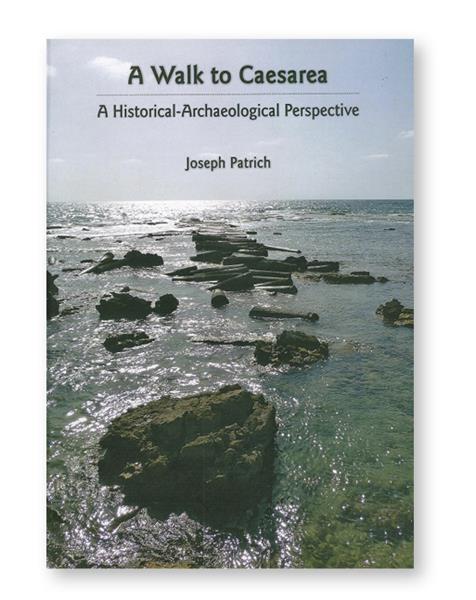
This book takes its title from the poignant words of Hannah Szenes, who lived in a kibbutz just south of the ancient coastal city of Caesarea Maritima and was executed by the Nazis during a clandestine operation in Europe to save Hungarian Jews. The haunting poem, which remains so powerful in the collective consciousness of Israel, captures the numinous beauty of the place while evoking the memory of the poet’s tragic end.
One of the wealthiest administrative, commercial, and cultural centers on the eastern Mediterranean seaboard between Alexandria and Antioch, Caesarea was also a hotbed of religious ferment and scholarship: the headquarters of the Roman prefect over Judaea; the destination of the apostles Peter and Paul; a powder keg for the Jewish Revolt against Roman rule in 66–70 C.E.; the home of Rabbi Abbahu and the place where Rabbi Akiva was executed; and the site of an ecclesiastical library where Origen, Eusebius, and Jerome conducted research. After its zenith during the Roman and Byzantine periods, the city was reborn as a booming port with opulent neighborhoods during the Islamic caliphates. Capitalizing on its location, the Crusaders rebuilt the urban core as a European castle (with a massive moat and Gothic architecture) and occupied it for one and a half centuries.
Already a library member? Log in here.
Institution user? Log in with your IP address.

